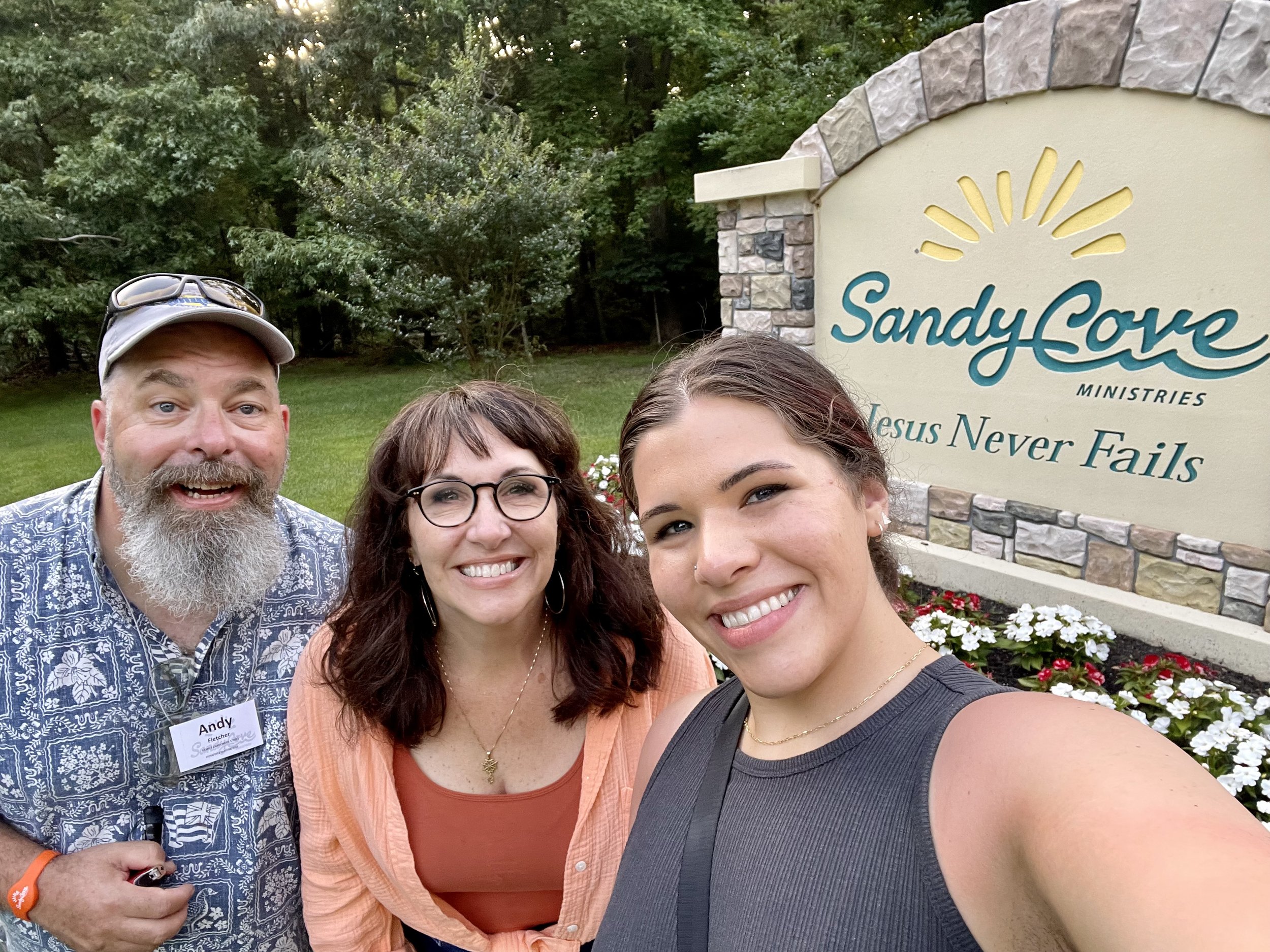If I’m being honest with myself and others, I forget the gospel every day. That didn’t seem like a big deal when I was pursuing my faith in my own strength, because the gospel was just that story that “got me in.” Beyond that, I wanted to be told what to do. I wanted to tell others what to do (and I did that; mea culpa).
But now I sit in the gospel with the reminders of what Jesus Christ has done for me and how that spills out into what I do every day. It’s a paradigm shift, away from behavior-based religious activity and toward the truth that He is more than enough.
If that’s all new to you, or you’re really just wondering what sitting in the gospel looks like, here are a few resources to help you out. And I’m here, too. Feel free to comment or email me.
The Gospel is a Story
Where to begin? What do I mean when I say that we must always return to the simplicity of the gospel? Start here, with Paul Tripp's explanation of where we find our hope.
[Gospel 1]: The Gospel is a Story - Paul Tripp
In Need of a Redeemer
And then go here. It's the beginning of a life-changing series out of Exodus, and it helped me exit my own self-relying works-based religiosity. Spoiler alert: Grace wins!
In Need of a Redeemer - Jim Applegate
The Gospel is Scandalously Offensive
“The gospel is scandalously offensive to those who are trying to earn their way. Rightly so.”
The List - Kimm Crandall
Good Parenting
We want so badly for our good parenting to be what makes our kids who they are. But the truth is, all we really can do is point our kids to the One who shapes their souls.
Good Parenting - Jessica Thompson
The Cross Took Care of That
And then remind yourself again.
The Cross Took Care of That - Kendra Fletcher (me)













